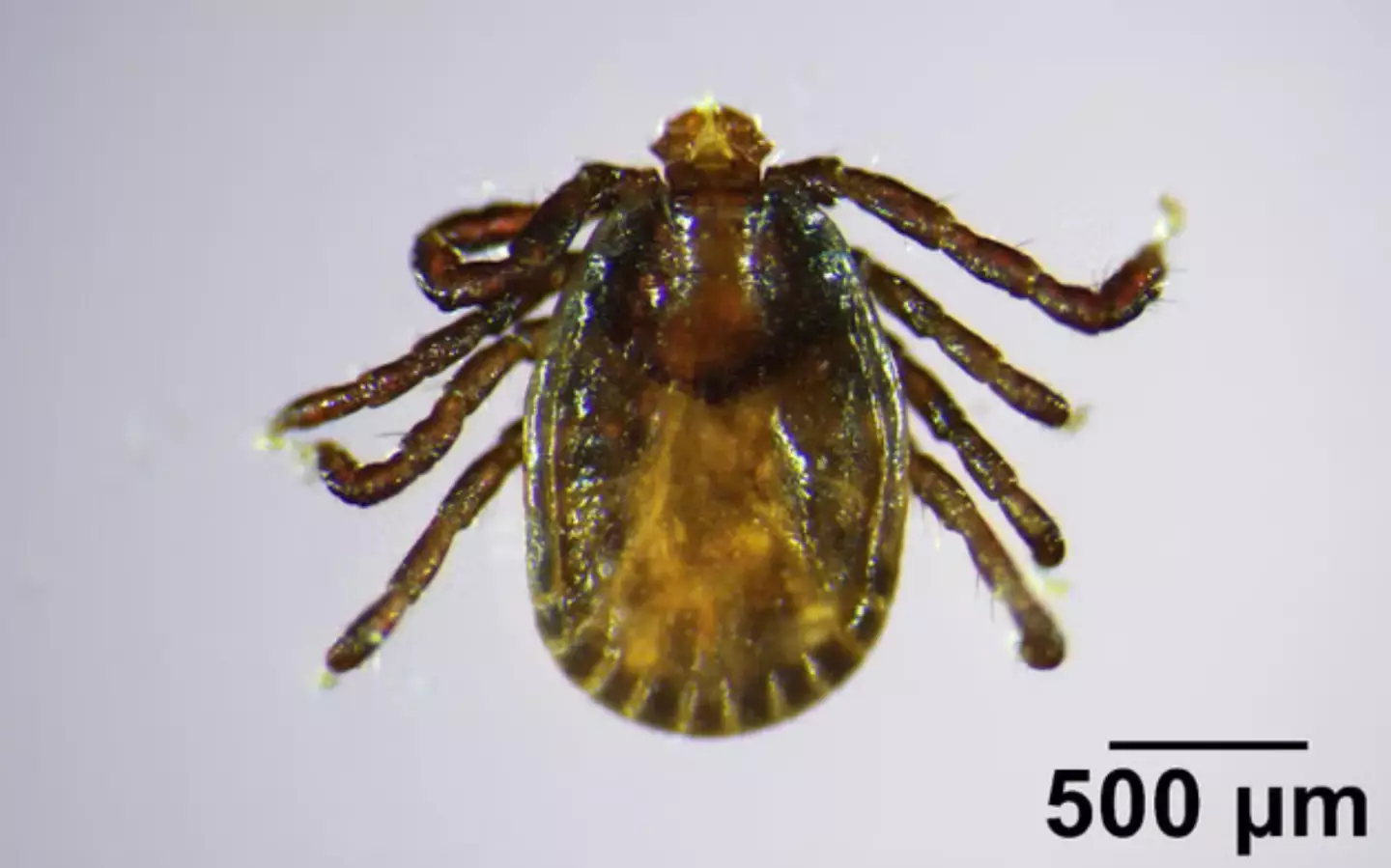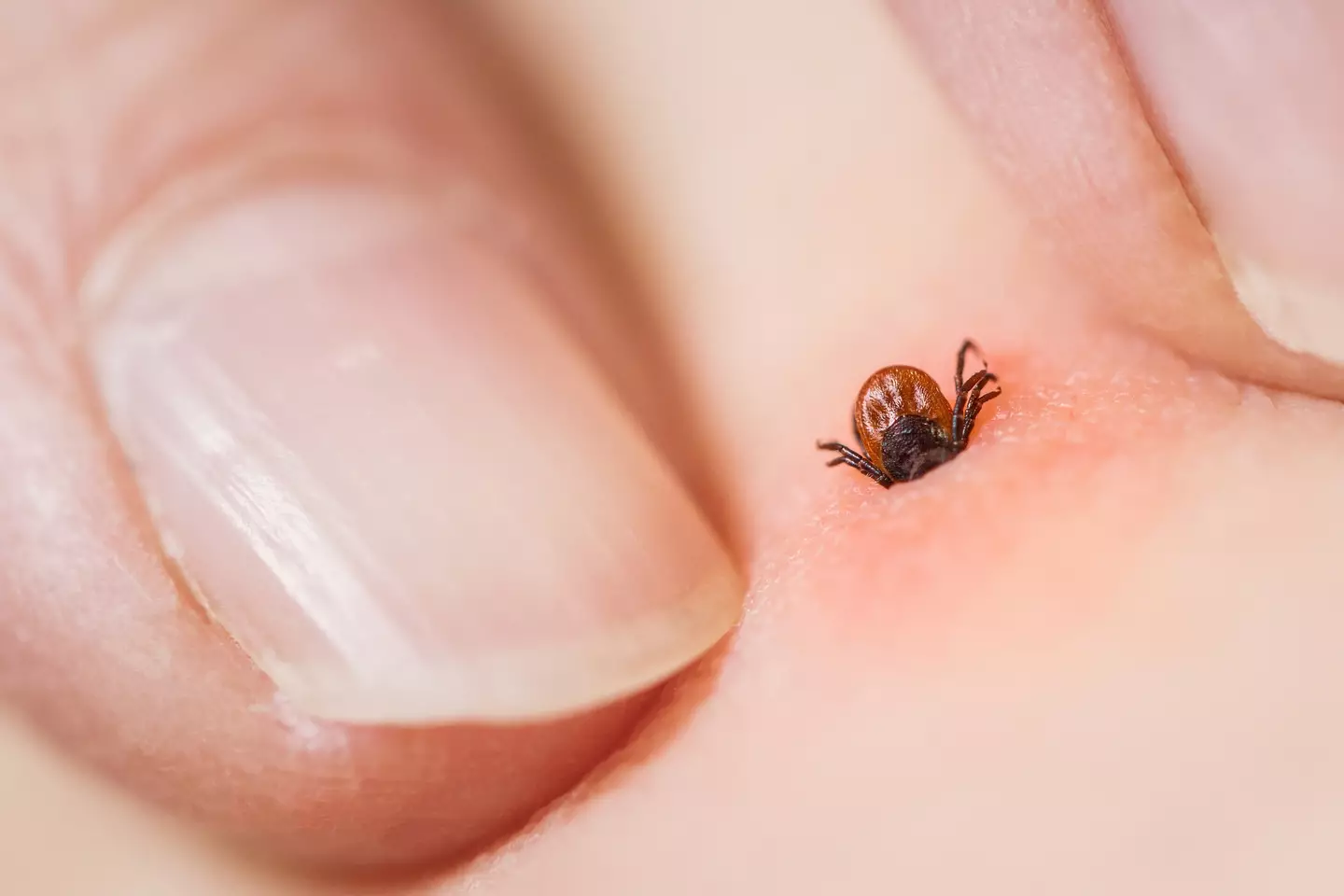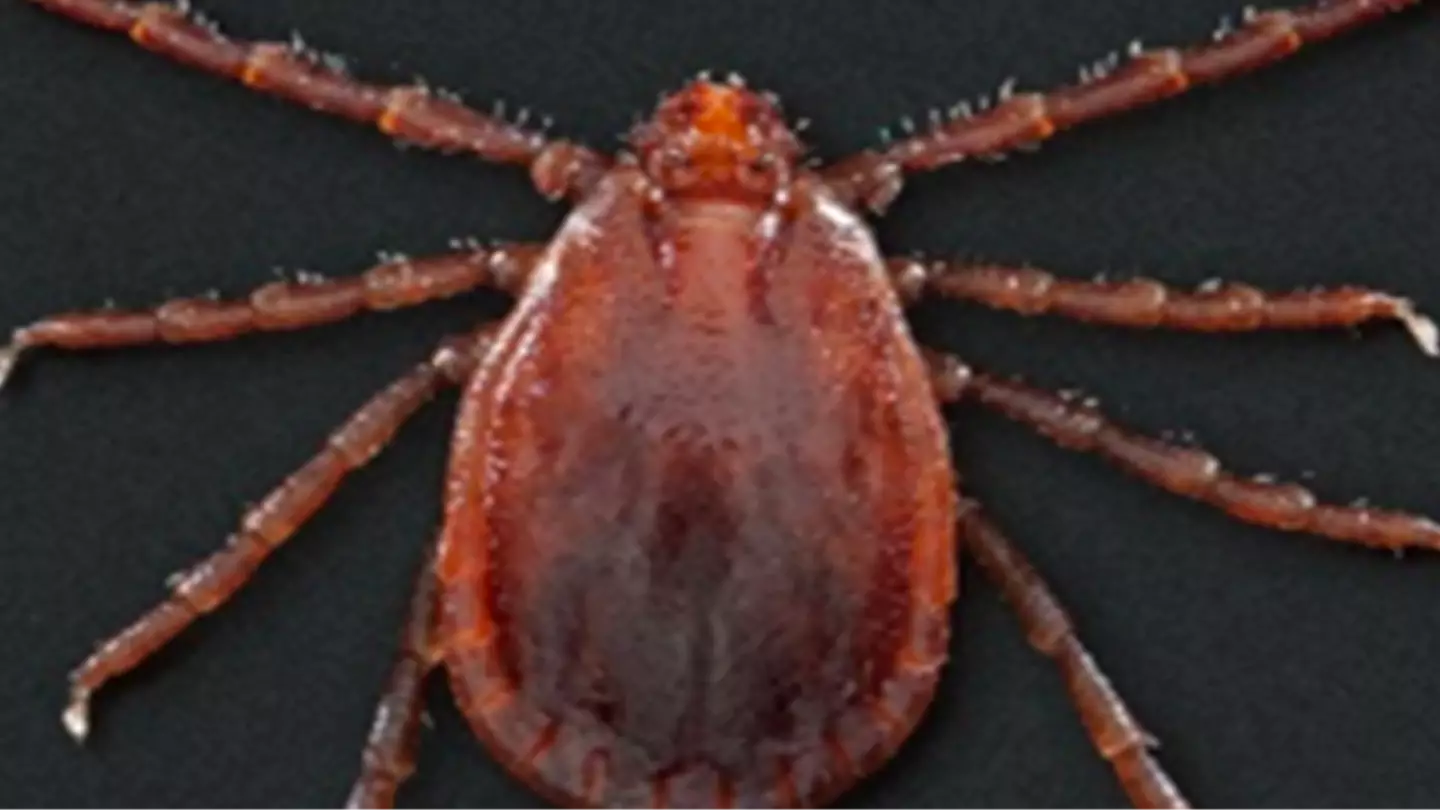An urgent alert has been raised by experts regarding a tick carrying disease, which has now spread to over 20 states in the US.
Health authorities are currently tackling multiple health challenges, having recently sounded the alarm on 15 rabies outbreaks across the nation. In addition, scientists are now cautioning against an invasive tick species that is spreading infections in numerous states.
The tick-borne cases have been identified as far north as Maine, causing concern among health officials.
The culprit is the Asian longhorned tick, identified by researchers at the University of Maine and state conservation officials back in July, highlighting its potential danger.
Originally from East Asia, this tick has made its way to the US over the past few years.
It was first spotted in New Jersey in 2017, where it has been associated with spreading ailments like spotted fever.

Although the precise origin of the tick’s introduction to the US remains uncertain, public health data suggests pets or livestock may have played a role, as reported by the Independent.
This tick has now expanded its presence to over 20 states, primarily affecting the eastern segment of the country.
According to the CDC, July saw a spike in emergency room visits due to tick bites, surpassing numbers from the same month over the past eight years.
Severe Fever with Thrombocytopenia Syndrome (SFTS) is one illness linked to this tick, presenting symptoms such as high fever, abdominal pain, vomiting, and diarrhea.
The disease can escalate to kidney problems, hemorrhages, multi-organ complications, and can be deadly.
Ehrlichiosis starts with mild flu-like symptoms but can become severe if untreated. Sixty percent of those infected require hospitalization, and it proves fatal in one out of every 100 cases.
Griffin Dill, director of the UMaine Extension Tick Lab, informed the Independent: “This discovery underscores the critical importance of continued tick surveillance in Maine. While this appears to be an isolated case, we are closely monitoring the situation and coordinating with state and federal partners.”
Goudarz Molaei, from the Connecticut Agricultural Experiment Station in New Haven, has been conducting laboratory monitoring of these ticks.

He remarked to NBC: “I am afraid to say that it is a storm brewing. Climate change eventually will almost eliminate winter in our region. And this tick, like other tick species, will be active year-round.”
Manisha Juthani, the commissioner of the Connecticut Department of Public Health, suggests that climate change complicates predictions of the tick’s potential spread.
She stated: “The reality is that with the changes we’re seeing in climate, we have to be more prepared and more aware of the infections and the pathogens that we can be exposed to by being outside and potentially being aware of the things that can really cause the most harm to people.”

